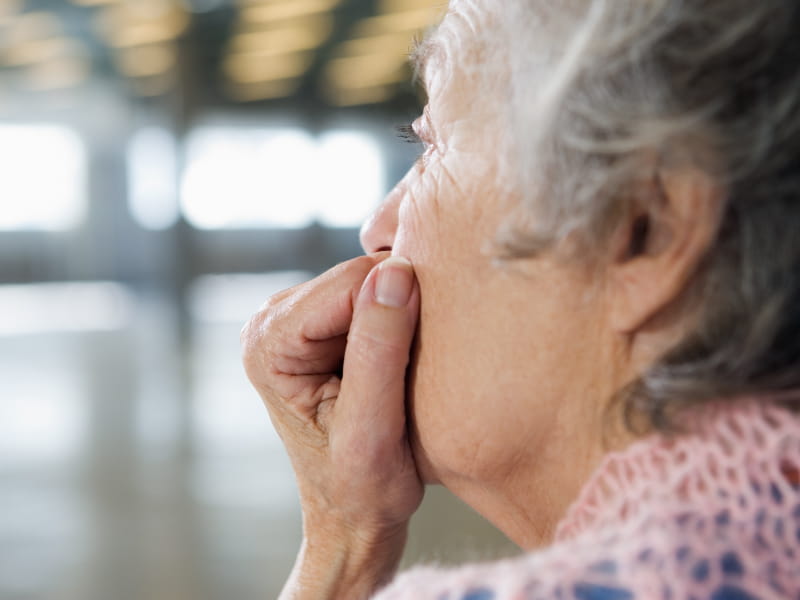 |
| www.strokecamp.org |
 |
| http://www.unitedstrokealliance.org/ |
To receive your free Booster Box please call our office at
309-688-5450 or email info@strokecamp.org to request yours.
Subscriptions will be available for purchase and information will be inside your free box.
 |
| Show Me The Booster Box |
************************************************************
This is a companion piece of last week's post. The following was posted on this blog seven years ago after Marylee was a caregiver for ten years (and still is for her husband today). I happened to run across it the same time I did last week's post, and I thought it would be helpful to repost it, too. If you remember from last week's post, Marylee is the Director and founder of Retreat & Refresh Stroke Camp. Her husband had a stroke in early 2000. As a result, through her and and her husband's experiences with post stroke daily life, she thought how beneficial it would be, to both the stroke survivor and the caregiver, to be able to spend a weekend outside the now new-normal daily routine. It all started in 2004, with friends and acquaintances, at a campground that had cabins and handicap-friendly facilities. From there it blossomed into 35 annual weekend camps organized throughout the United States, and is still growing. Over the past fifteen years these camps have given thousands of stroke survivors and their caregivers a much needed break, a much needed rest, and an uplift from their normal daily routine. Plus, they are just a whole lot of fun!
Marylee probably could expand this list today, too. After over fifteen years of caregiving, I'm sure she can. Maybe, some day I'll ask her about this one, too. If you think you can add more, let me know.
I have been a caregiver for my husband, John, who had a stroke over ten years ago, but recently, through unfortunate circumstances, I was reminded of the things a caregiver learns as they navigate the early years following a stroke. This reminder came after my brother’s wife had a massive stroke. While he was getting through the first few months, he leaned on me as the “stroke expert” asking questions almost daily. As a caregiver for my husband, John, I realized we were settled in a rhythm and I had forgotten all the ways that we adapted after his stroke. I’ve worked with many stroke survivors and caregivers as executive director of Retreat & Refresh Stroke Camp, so decided to do my “Top Ten List” for new caregivers. Although each stroke is different, whether it is one month or ten years post-stroke, these are some things I personally have found to be true.
- Routine is your new best friend. Give your survivor adequate information about any changes as soon as possible.
- Don’t try to reason with a survivor having a melt down. They are simply not able to be rational in the moment. Remember it’s the stroke, not you that makes them angry or sad.
- Always, I said always, keep calm in a crisis. Deep breathe and count to 10 (or 100 if necessary).
- Don’t take the exit of friends and family personally. It is their issue, not yours.
- Slow down and repeat things with great regularity. Look at your survivor when talking with them (whether or not they have aphasia, they may have memory and cognitive challenges that require more attention to the conversation).
- Encourage your survivor to get as involved as possible in decisions involving their care or family situations. They still need a voice and to feel they are a part of life’s decisions.
- Allow acceptance that some things will always remain your responsibility. (Paying bills, managing medications, overseeing doctor’s appointments, meal planning, cooking, household tasks, communicating, etc.)
- Find your “new normal” and seek a few things that you both enjoy and then participate. (Go to the mall and walk or wheel around, get a bite to eat or a gourmet coffee, watch the people, then go home and rest. Attend reasonably priced community theater, go to a park and watch the people as you feel the wind on your cheeks. Sit on the front porch rather than in the house, go to a support group, volunteer both of you or even independently to do something for someone else).
- Accept that it is unlikely you will ever have a normal “marital” or “family” disagreement that will be resolved in the moment. Things that need to be addressed or changed will better come through planned discussions, one topic at a time.
- Never ever give up because there can be progress even many years after a stroke. The progress may not be dramatic, but it’s there.
I hope you find some of these tips helpful on your own personal journey following a loved one’s stroke.
Marylee Nunley, Executive Director, Retreat & Refresh Stroke Camp and wife of John Nunley, survivor since 2001.

